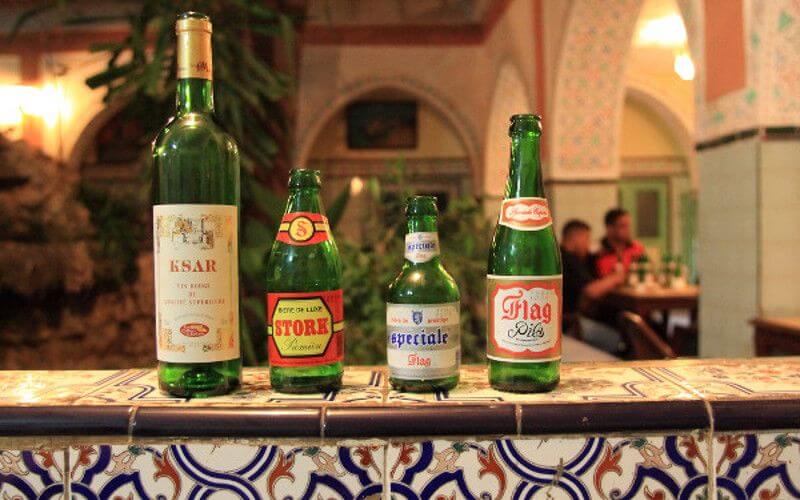Morocco to Eliminate Tariffs on European Wine Imports, Local Producers Concerned

Morocco plans, by January 1, 2022, to eliminate the customs duties imposed on imports of European wines, reducing them from 14.7% to 0%. And this does not please local operators in the sector.
This planned tariff dismantling would have the consequence, according to La Vie Eco, of flooding the local market with imported wines, while national consumption of imported wines is currently only 8% relative to total consumption in Morocco.
This decision to eliminate the customs duties imposed on imported wines is linked to the agreement between the EU and Morocco concerning reciprocal liberalization measures for processed agricultural products, fish and fishery products, still according to the same source.
The result will be the flooding of the local market with highly competitive foreign wines. This certainly cannot displease consumers. An industrialist quoted by La Vie Eco stated: "It is impossible for Morocco to compete with countries like Spain, which alone produces no less than 40 million hectoliters, half of which is exported. And this, for several objective reasons, but also because of certain anti-competitive practices".
In addition, some local operators go further and indirectly accuse the State of being behind their inability to compete with foreign wines. They claim that European wines are subsidized at all stages and that in Morocco this is not the case, except for the subsidies going to irrigation projects.
One operator proposes: "Either we benefit from the same levels of support and, in that case, we would be in favor of zero customs duties from today, or we need to consider activating one of the three trade defense measures. The proven risk of a significant increase in imports in the coming years will have the effect of making the agricultural upstream disappear, and ultimately the industrial upstream".
In summary, either have the same weapons as the competitors, or give them a handicap, something that is almost impossible since the agreements with the EU are already signed. We can therefore assume that there is only one solution claimed by the operators: Subsidies...
But... With the PJD in government?
Related Articles
-

French Renewable Energy Investment in Moroccan Sahara Sparks Polisario Backlash
3 September 2025
-

Chinese Steel Giant Clinches Morocco’s High-Speed Rail Contract, Boosting World Cup 2030 Infrastructure
3 September 2025
-

Mediterranean Shipping War: French Lawmakers Blast Italian Giant’s ’Predatory Dumping’
2 September 2025
-

Solo Traveler’s Moroccan Dream: Tamraght’s Hidden Coastal Charm Captivates Digital Nomads
2 September 2025
-

Morocco’s Airport Duty-Free Zones Spark Outrage: Dirham Debit Cards Rejected, Consumers Demand Change
1 September 2025